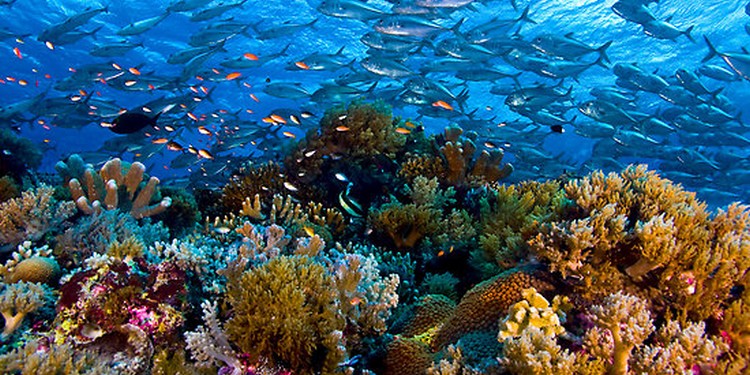Small-scale fisheries communities and Aichi Target 11: Achieving conservation, sustainable livelihoods and food security in MPAs and other effective area-based measures (OEABMs)
Organised at the CBD SBSSTA, this event highlighted that overexploitation, environmental degradation, social inequities, tenure insecurity and poverty are interconnected threats to aquatic biodiversity conservation and to coastal and rural communities that depend on aquatic resources for their livelihoods and well-being. It is crucial to determine the appropriate forms of MPAs and OEABMs that can both improve biodiversity conservation and maintain or improve livelihoods and food security. Participation of the communities concerned in assessment, planning and implementation is essential. The question is then how to mainstream effective community participation, including the recognition or development of tenure rights, into both fishery and conservation policies, strategies and plans. Participation is a key guiding principle of the Voluntary Guidelines for Securing Sustainable Small-Scale Fisheries in the Context of Food Security and Poverty Eradication (SSF Guidelines) and the human rights based approach (HRBA), which seeks to ensure the non-discriminatory empowerment and participation of small-scale fishing communities in transparent and accountable decision-making processes.



